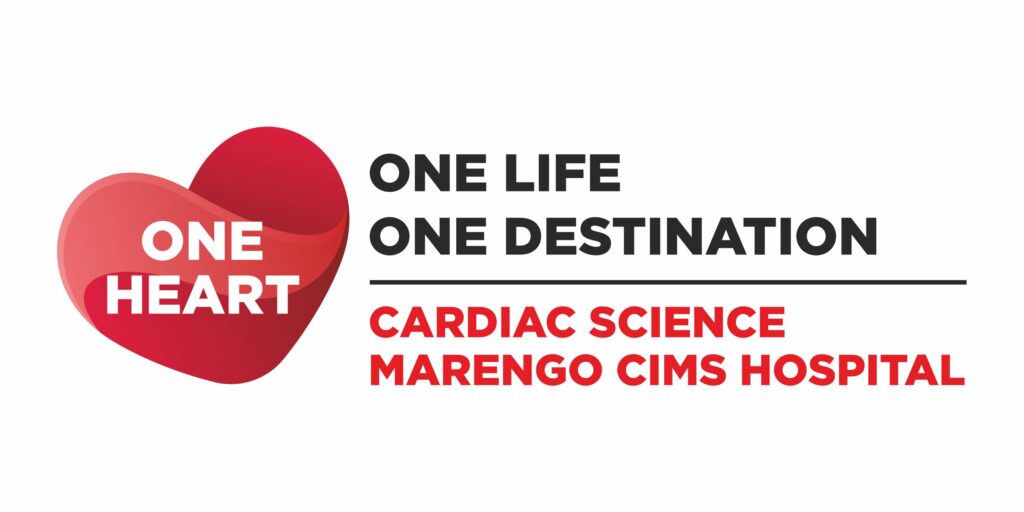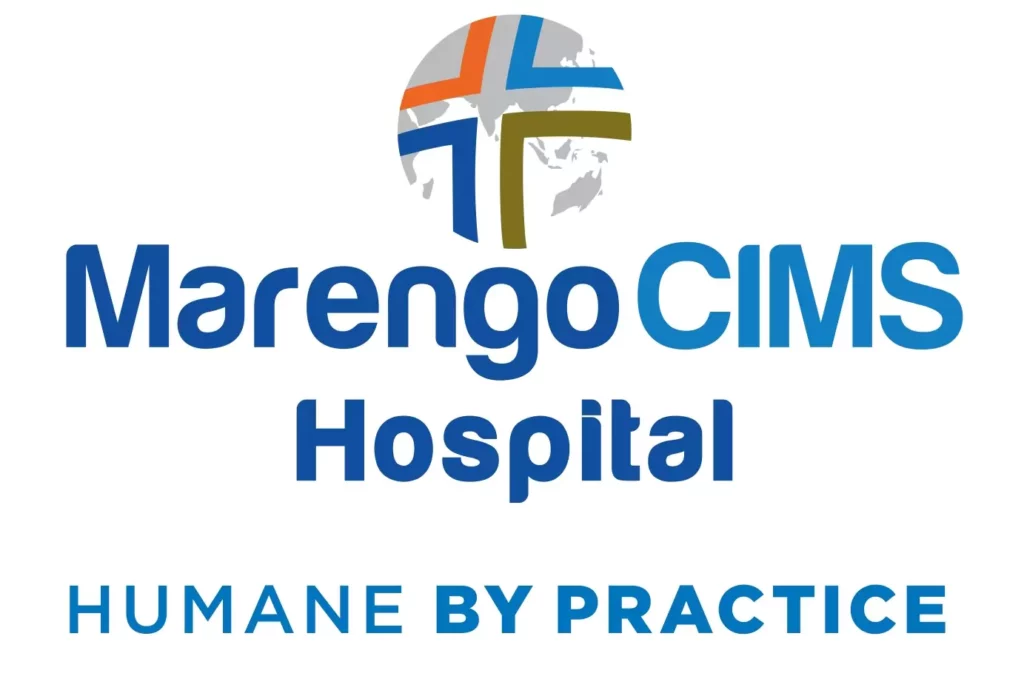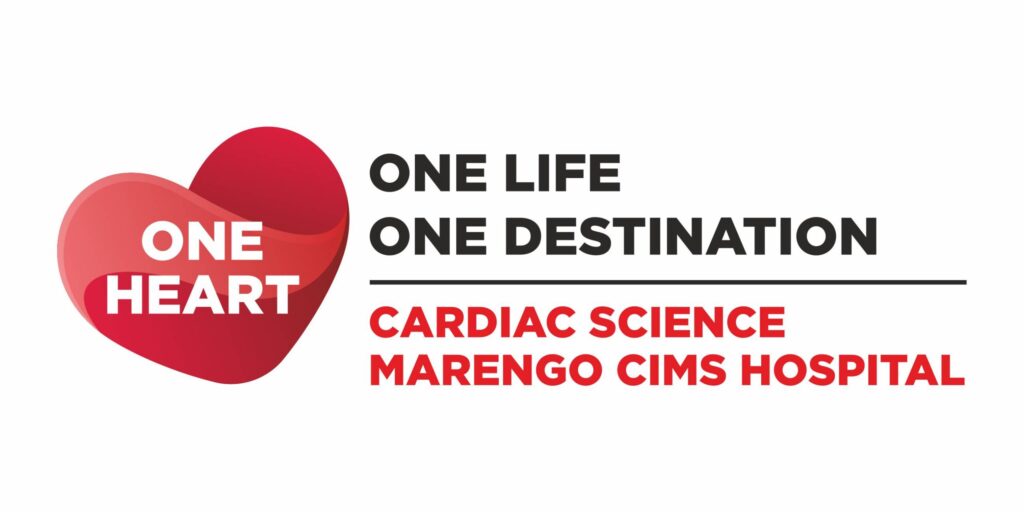Congestive Heart Disease (CHD), commonly known as heart failure, requires comprehensive lifestyle adjustments to alleviate its impact and enhance overall well-being. By adopting targeted lifestyle changes, individuals can effectively manage CHD and potentially enhance their quality of life. Here’s a guide to essential modifications:
Key Lifestyle Modifications for CHD Management:
- Dietary Adaptations:
- Low-Sodium Intake: Reducing salt consumption helps manage fluid retention and control blood pressure.
- Heart-Healthy Foods: Prioritize fruits, vegetables, whole grains, lean proteins, and healthy fats.
- Portion Management: Controlling portion sizes supports weight maintenance and prevents overeating.
- Regular Physical Activity:
- Consultation with Experts: Seek professional advice to develop a tailored exercise regimen that aligns with your health status.
- Aerobic Exercises: Incorporate gentle exercises like walking, swimming, or cycling to enhance cardiovascular fitness.
- Strength Training: Include light strength exercises to boost muscle strength and promote heart function.
- Adherence to Medication:
- Prescribed Regimen: Follow medication schedules meticulously to manage symptoms and address underlying conditions.
- Monitoring Side Effects: Report any adverse reactions to your healthcare provider for timely adjustments.
- Effective Stress Management:
- Relaxation Techniques: Practice mindfulness, deep breathing, or yoga to minimize stress and bolster emotional well-being.
- Engaging Hobbies: Pursue enjoyable activities to divert attention from stressors and uplift your mood.
- Smoking Cessation:
- Breaking the Habit: Quitting smoking is crucial, as it harms blood vessels and exacerbates heart conditions. Seek support to quit successfully.
- Moderation in Alcohol Consumption:
- Balanced Approach: If you choose to consume alcohol, do so moderately. Excessive drinking can impair heart function and interact with medications.
- Regular Health Monitoring:
- Medical Check-ups: Attend scheduled medical appointments to monitor your heart’s health and adjust treatment plans.
- Personal Monitoring: Keep track of weight, blood pressure, and symptoms as advised by your healthcare professional.
Incorporate these targeted lifestyle adjustments into your routine to better manage Congestive Heart Disease. Consult your healthcare provider before implementing significant changes, and adhere to their guidance for optimal results. By doing so, you can take significant strides toward enhancing your heart health and overall well-being.




